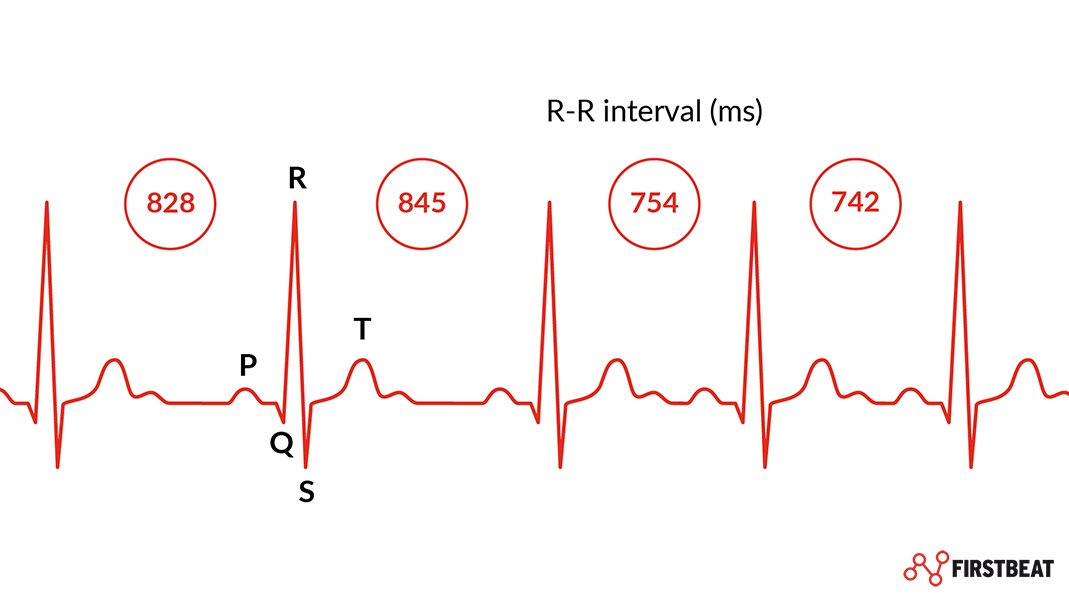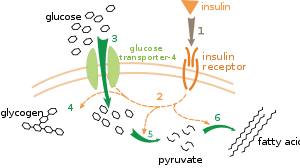The maximum rate is based on your age as subtracted from 220. But in tachycardia tak-ih-KAHR-dee-uh the heart beats faster than normal due to.
The heart rate is the measured value obtained per minute when listening to the sounds the heart produces.

Heart rate definition. Bradycardia can be a serious problem if the heart doesnt pump enough oxygen-rich blood to the body. Active heart rate measures the number of times a persons heart beats each minute during exercise. How fast your heart is beating.
If you have bradycardia brad-e-KAHR-dee-uh your heart beats fewer than 60 times a minute. The heat rate is the inverse of the efficiency. Before the examination each patients heart rate was measured.
Maximum heart rate or MHR refers to the total number of beats per minute or the sum of ventricular contractions in which blood is oxygenated and. The minimum baseline duration must be at least 2 minutes. The heart rate is based on the number of contractions of the ventricles the lower chambers of the heart.
The heart rate reserve HRR is the difference between a persons resting heart rate and maximum heart rate. The number of heartbeats per unit of time usually per minute. Heart rate the number of contractions of the cardiac ventricles per unit of time usually per minute.
Knowing yours can be an important heart-health gauge. Heart rate - the rate at which the heart beats. Tachycardia is the medical term for a heart rate over 100 beats per minute.
It is the range of heart rate values that you can see for an individual between the lowest they have at rest and the highest they can achieve through exertion. The baseline FHR is the heart rate during a 10 minute segment rounded to the nearest 5 beat per minute increment excluding periods of marked FHR variability periodic or episodic changes and segments of baseline that differ by more than 25 beats per minute. Jump to other results.
Definition of heart rate. The heart rate may be too fast tachycardia or too slow bradycardia. The number of times a persons heart beats moves regularly in a minute or in a specified.
Heat rate is a term commonly used in power stations to indicate the power plant efficiency. Learn how to measure it what it means and what a healthy range is here. Baseline Fetal Heart Rate FHR.
The hearts of adults at rest usually beat between 60 and 100 times a minute. The rate at which the heart beats Aerobic exercise increases your heart rate. Questions about grammar and vocabulary.
Target heart rate is generally expressed as a percentage usually between 50 percent and 85 percent of your maximum safe heart rate. Intensity is a bit more complicated and thats where the heart rate zones come in. He was still alive but his vital signs were weak.
Usually an indicator of a persons general physical condition. Your heart rate or pulse is the number of times your heart beats per minute. Sometimes its normal for you to have a fast heartbeat.
Topics Health and Fitness b1. The pulse rate is the measured value per minute when palpating the arterial vessels through. Your heart rate is one of the best indicators of how hard your body is working during a workout.
A lower heat rate is better. Normal heart rate varies from person to person. Unlike a purely subjective evaluation of intensity your heart rate is a number you can measure just like frequency and duration.
Usually measured to obtain a quick evaluation of a persons health. For some people however bradycardia doesnt cause symptoms or complications. As you age changes in the rate and regularity of your pulse can change and may signify a heart condition or other condition that needs to be addressed.
Vital sign - sign of life. What are heart rate zones. For instance its normal for your heart rate to rise during exercise or as a response to stress trauma or illness.
There are many heart rhythm disorders arrhythmias that can cause tachycardia. So for a 50-year-old maximum heart rate is 220 minus 50 or 170 beats per minute.



